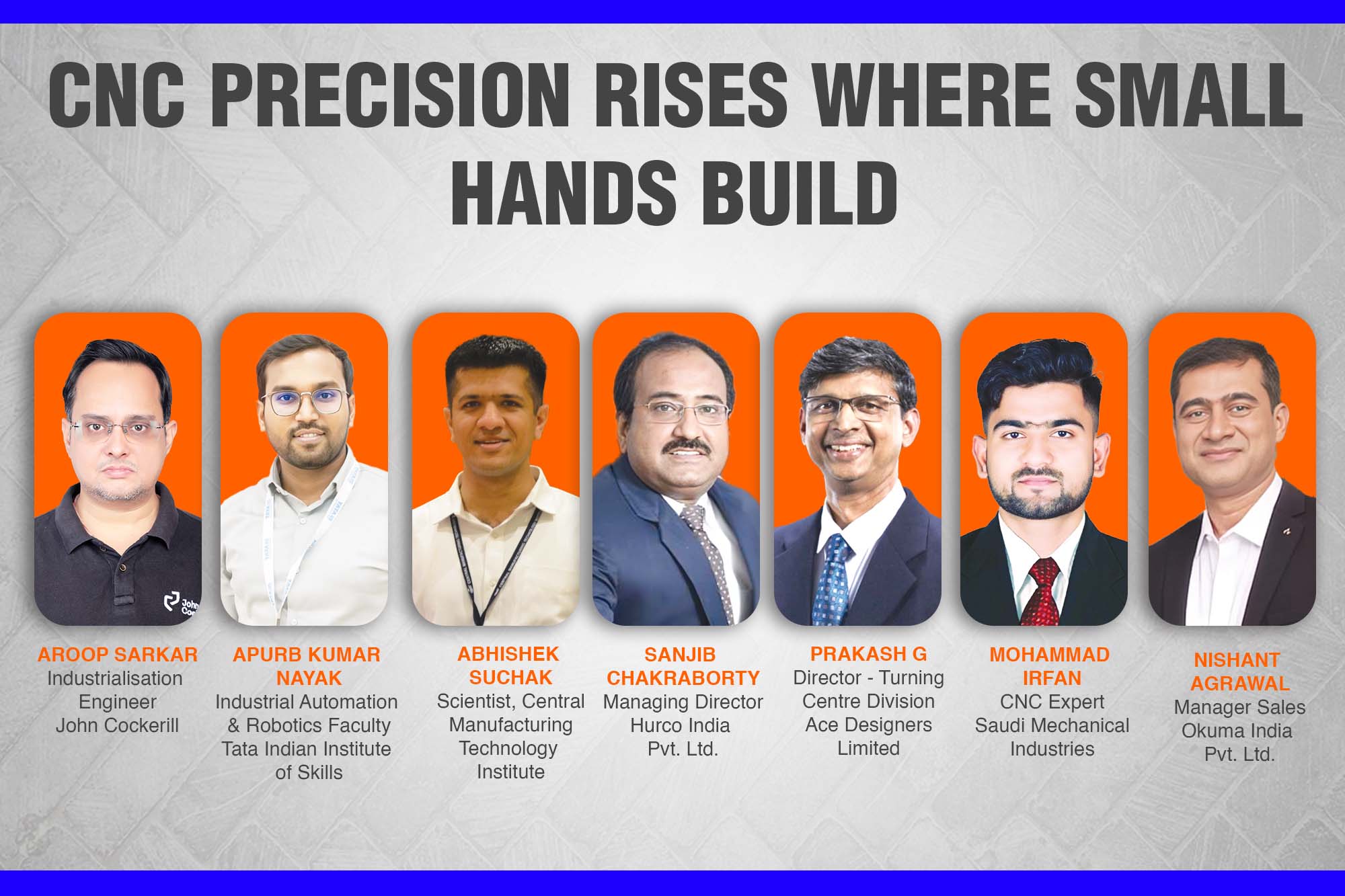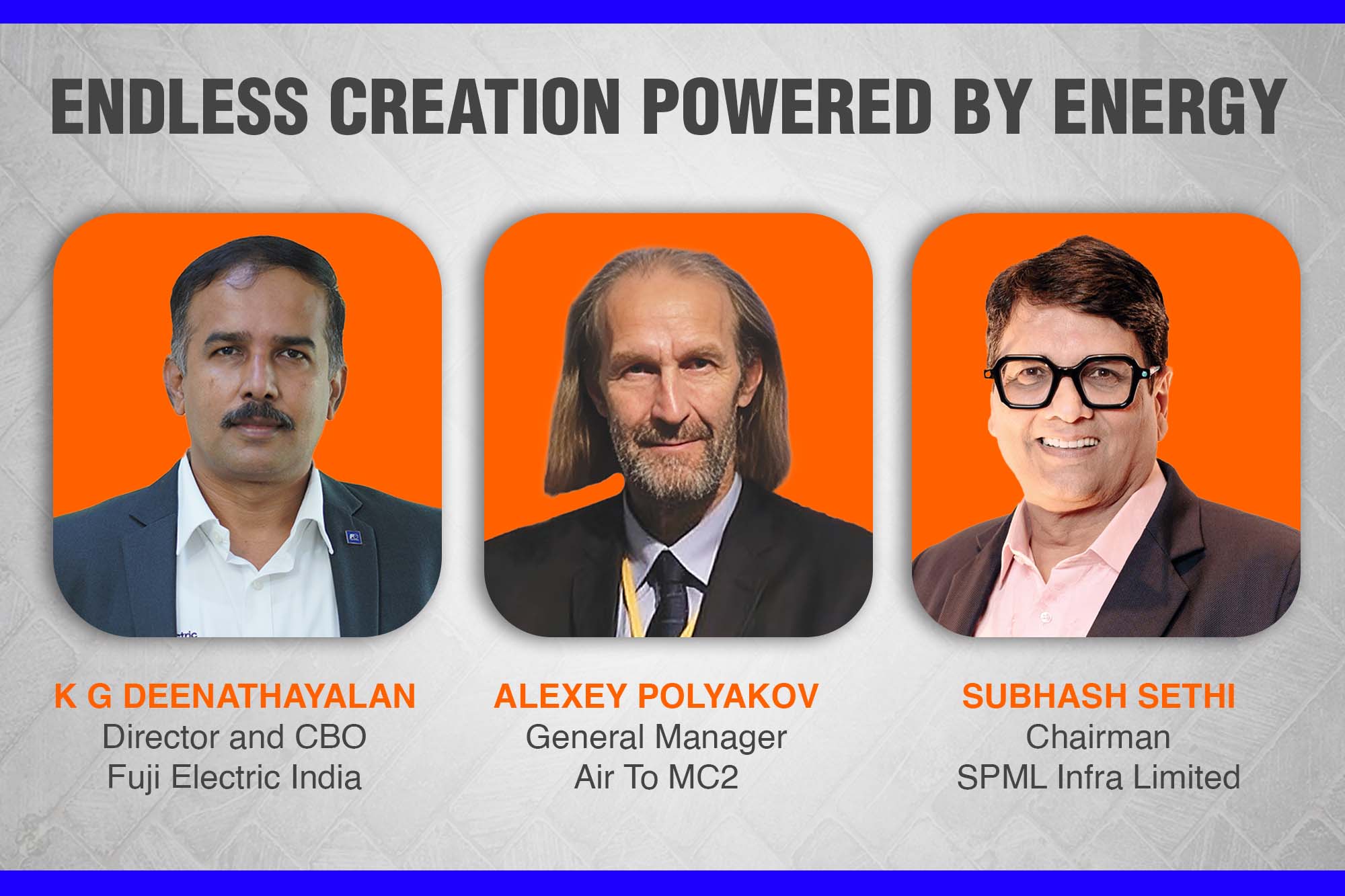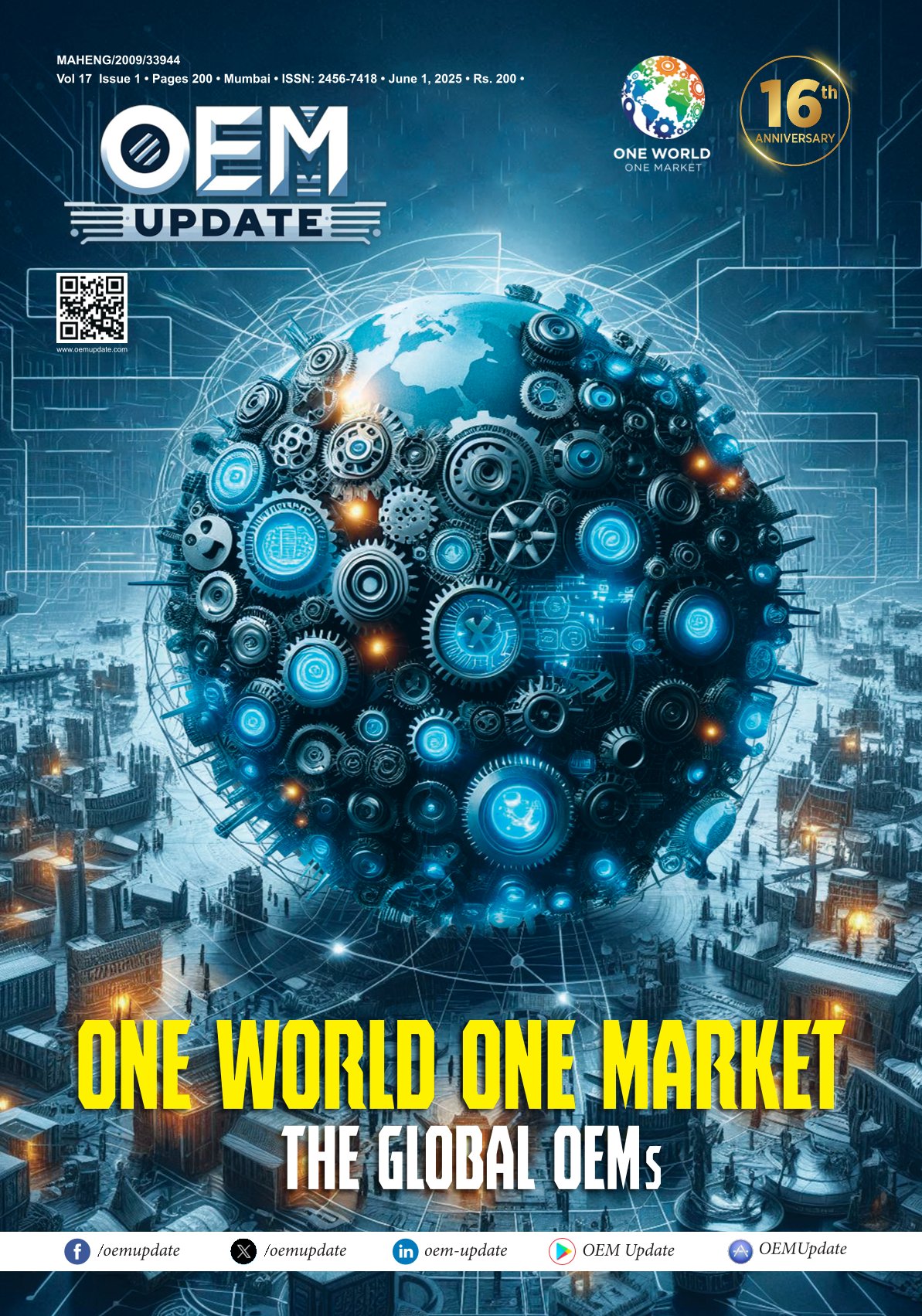Why some organisations improve more and some less
By admin May 12, 2016 3:07 pm IST
The article explains five fundamental elements need to be addressed and balanced when an organisation aims to drive and attain deep and sustainable change
Over the past 30 years Kaizen has supported many organisations in their journey of Continuous Learning. While working with organisations towards this objective, it has been observed by Kaizen that some companies change more and deeply while some slow down or even stop the process of continual improvement. Why is it that some change more, while some companies change less?
The answer is not simple. There are many reasons – leadership, goal clarity, skill levels, tools and methods adopted to drive continual improvements, daily work practices etc. Five fundamental elements need to be addressed and balanced when an organisation aims to drive and attain deep and sustainable change.
1) Defining true north: The most common challenge is that true north is not defined and shared within the team. People have varying ideas on the goal. No journey can begin and end successfully unless there is clarity on the goals and that is shared and accepted by all stakeholders.2) Ensuring support and governance: The next key is providing the support structure that is required for deployment, promotion, monitoring and sustenance of an improvement culture. It consists of a clear roadmap, regular audits, skill building, dedicated internal champions, a change leader and a project management cell.3) Engaging leadership: Change has to be co-created, with engagement and contribution from the leadership.This engagement includes going to the Gemba (real place or workplace), changing their own skill sets and redefining their paradigms.4) Problem solving: Building capabilities to solve problems are another essential. Unless a standard problem solving tool set or template to capture, define, analyse, ideate and plan solutions is adopted, problem solving will be unstructured and left to chance. 5) Daily routines: While often overlooked as trivial, changes in daily habits and practices go a long way in contributing to the overall quest of an organisation’s change process. Successful and sustainable change requires not only daily problem solving but also daily tracking of certain KPI’s, which are clubbed under daily management.
Often organisations miss out one or more of these elements and this impacts their change efforts in various ways.
Cookie Consent
We use cookies to personalize your experience. By continuing to visit this website you agree to our Terms & Conditions, Privacy Policy and Cookie Policy.















